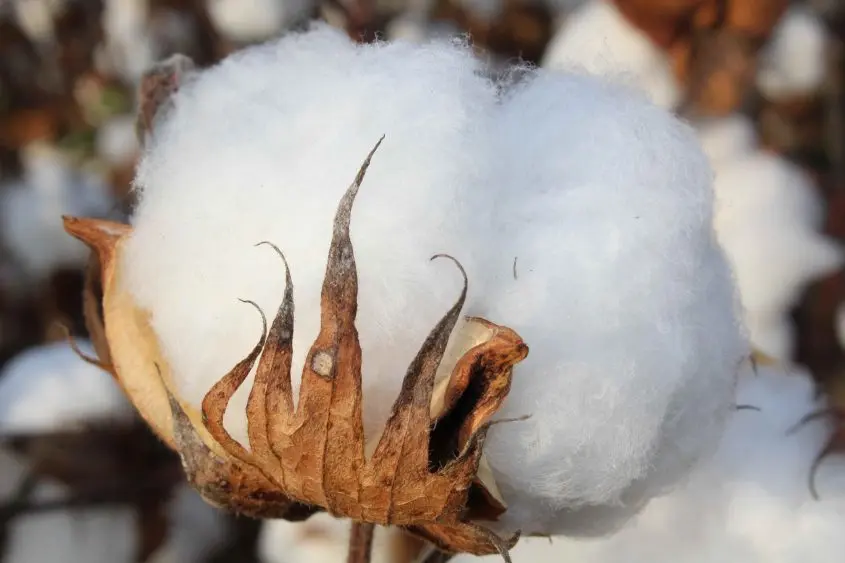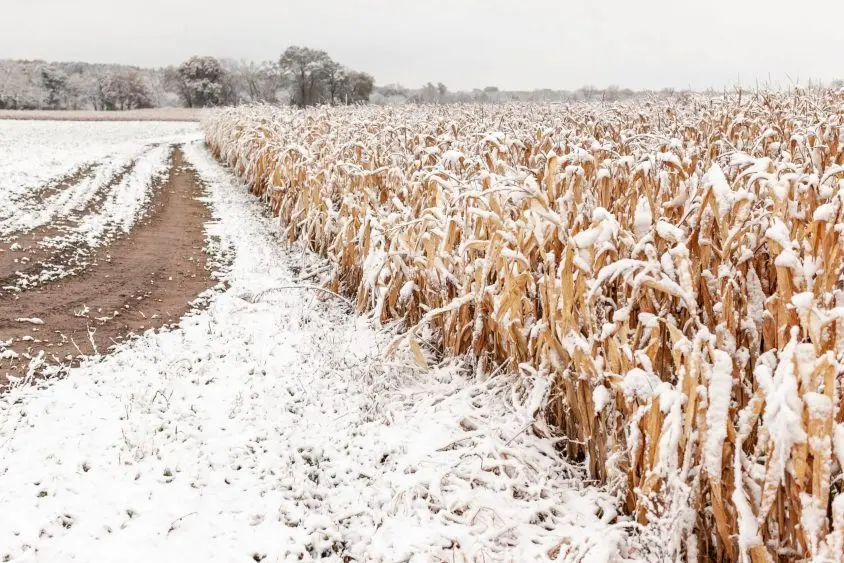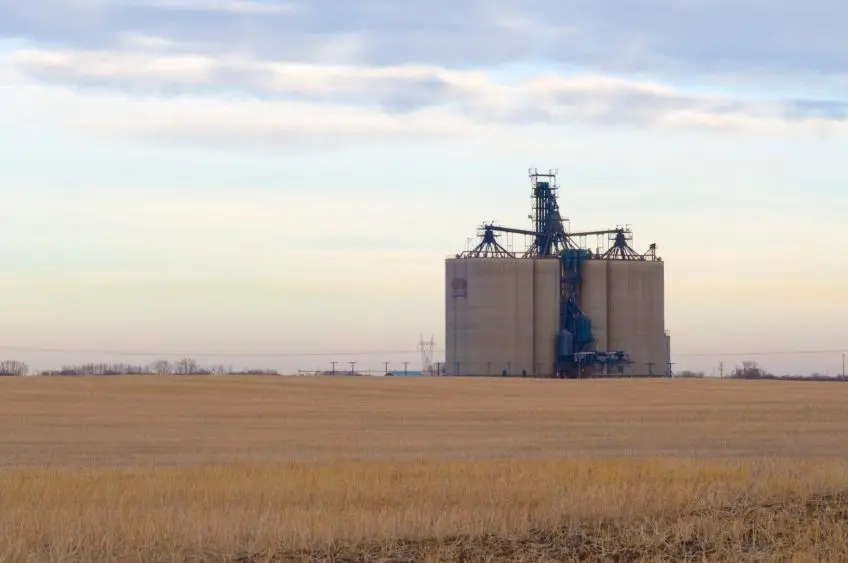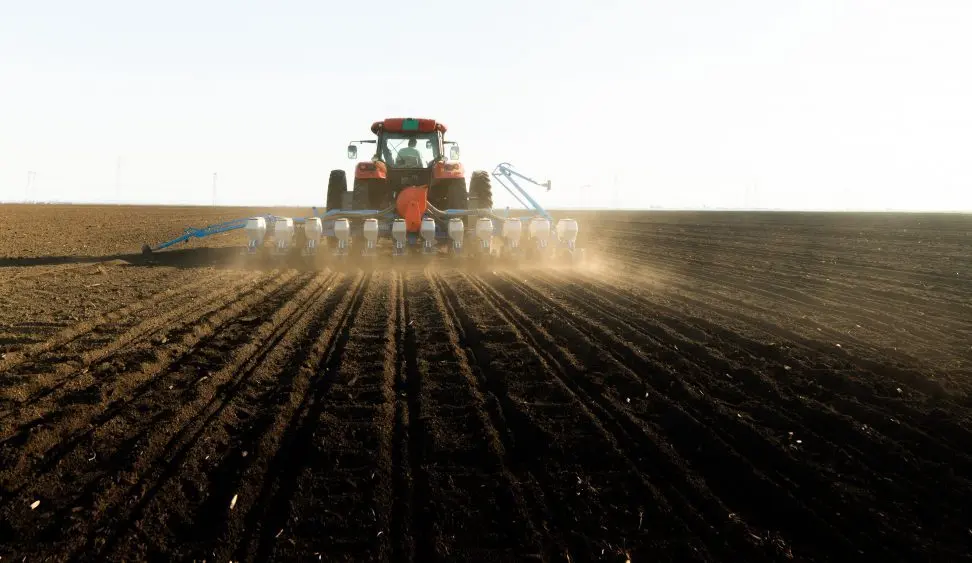
AUSTIN, TEXAS — On October 2, the Texas Department of Agriculture (TDA) issued an emergency quarantine to stop the spread of the invasive two-spotted cotton leafhopper, also known as the cotton jassid (Amrasca biguttula). Originally from Asia, the pest has spread across much of the southeastern United States and now poses a significant threat to Texas’ multi-billion-dollar cotton industry and other agricultural crops.
“Texas cotton farmers are the backbone of our economy and our communities,” said Texas Agriculture Commissioner Sid Miller. “Texas grows 40% of the cotton grown in the U.S., making this pest a major threat to our supply. I won’t let a threat like the cotton jassid harm our farmers, ranchers, nurseries or landscapes. We’re taking aggressive steps to stop this pest in its tracks.”
The emergency quarantine applies to shipments of regulated materials from Alabama, Florida, Georgia, Louisiana, Mississippi, South Carolina, North Carolina, and Tennessee, where the pest has already been detected. Regulated materials include live host plants, containers, and soil that could harbor the insect. Shipments entering Texas must be accompanied by a phytosanitary certificate confirming they are free from the pest, or they will be refused entry, destroyed, or otherwise restricted by the state.
The cotton jassid is a small, sap-sucking insect about 2–3 millimeters long. It feeds by piercing plant tissues and extracting sap, which causes leaf curling, yellowing—known as “hopper burn”—and stunted growth. Severe infestations can cause significant yield losses. In regions where the pest is established, such as India, uncontrolled infestations have reduced cotton yields by up to 50%.
Texas A&M AgriLife Extension reports that the pest can also attack okra, eggplant, hibiscus, and other plants, making containment especially difficult. The leafhopper reproduces quickly and can complete several generations per growing season in warm climates, increasing its potential for widespread infestation.
The TDA is coordinating with USDA and AgriLife Extension specialists to monitor for the pest, conduct inspections at border crossings, and strengthen surveillance at nurseries and ports of entry. Similar cooperative efforts helped Texas successfully manage past agricultural threats, such as the boll weevil eradication program.
While it is still early in the U.S. spread, cotton jassid infestations have already been confirmed in fields across the southeastern states, where growers report leaf damage and reduced plant vigor. Texas officials hope early detection and quarantine enforcement will prevent the pest from becoming established in the nation’s largest cotton-producing state.



